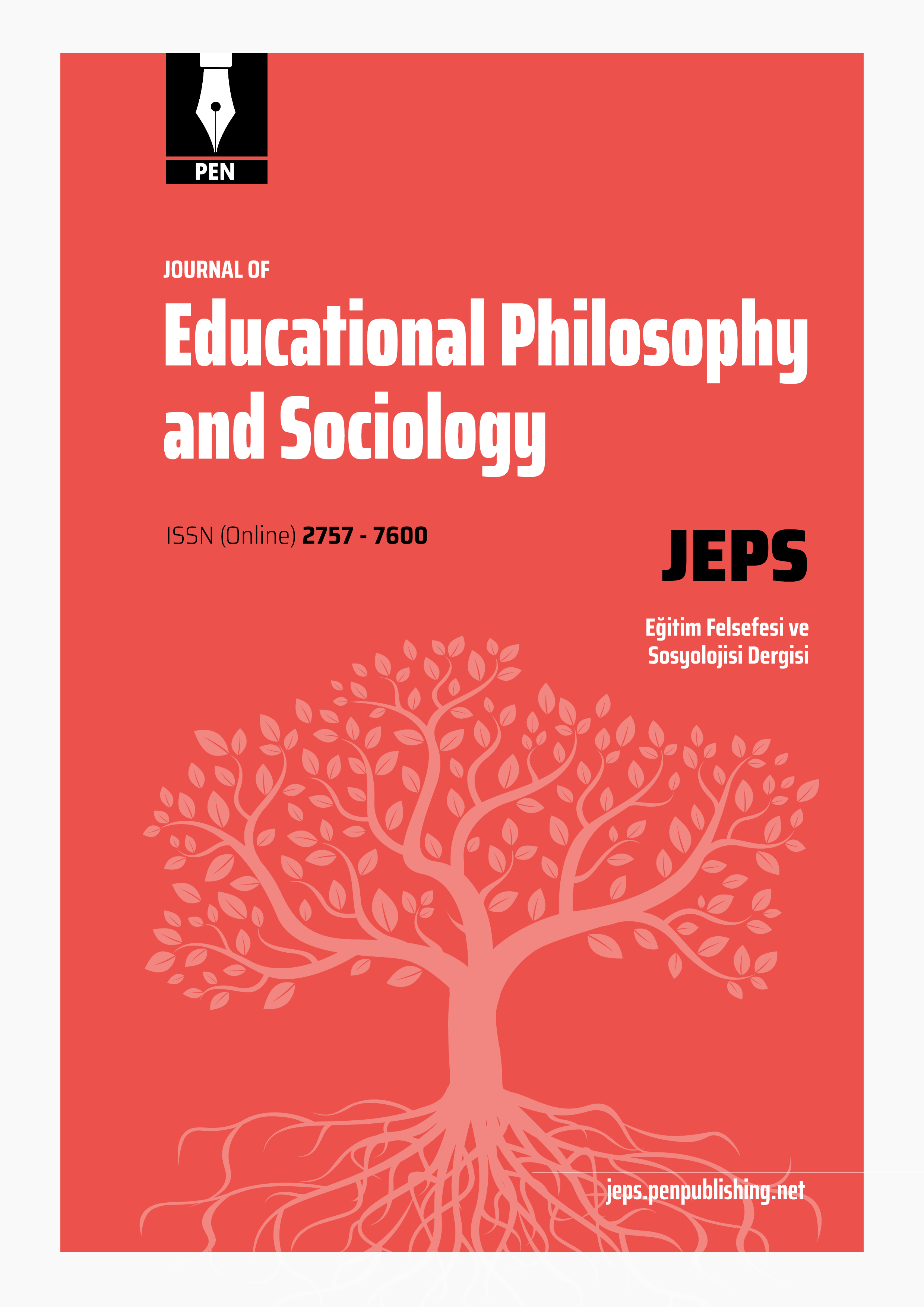Araştırma Makalesi | Açık Erişim
Eğitim Felsefesi ve Sosyolojisi Dergisi 2023, Clt. 4(1) 18-36
An Analysis of Ecopedagogical Features in Turkish High School English Language Coursebooks
ss. 18 - 36 | DOI: https://doi.org/10.29329/jeps.2023.561.2
Yayın Tarihi: Haziran 29, 2023 | Görüntüleme Sayısı: 153/267 | İndirilme Sayısı: 208/382
Özet
Ecopedagogy is related to environmental education and it is considered necessary to evaluate it from a critical and in-depth perspective. The basis of ecopedagogy is the protection of nature and the impact of human on nature is an issue that should be considered. The study aims the analyze the curriculum of 9th and 12th grade English lessons to indicate if the ecopedagogical themes include the fundamental principles according to the Earth Charter (2000). For this study, the qualitative method is used in terms of data collection, data recording, and analysis. To evaluate the data, the frequency graphic displays were used to analyze the descriptive quantitative results. As a research tool, Earth Charter Data Chart (Burton, 2019) was used to categorize the ecological terms in the books with the codes of this chart. The qualitative data were analyzed via descriptive content analysis (SPSS 21). The findings of the study show that both books must be restructured to make the students more aware of ecopedagogy. Even if the books include partly ecopedagogical codes of the data chart, the result is not satisfying. For further studies on this topic, it can be said that this study is limited to examining only 9th and 12th grade books. For this reason, it is recommended that the content can be expanded by analyzing the relevant themes of all grades.
Anahtar kelimeler: Ecopedagogy, the Earth Charter, curriculum, English lessons, 9th 12th grades
| Bu makaleye nasıl atıf yapılır |
|---|
|
APA 7th edition Harvard Chicago 16th edition |
| Kaynakça |
|---|
|
